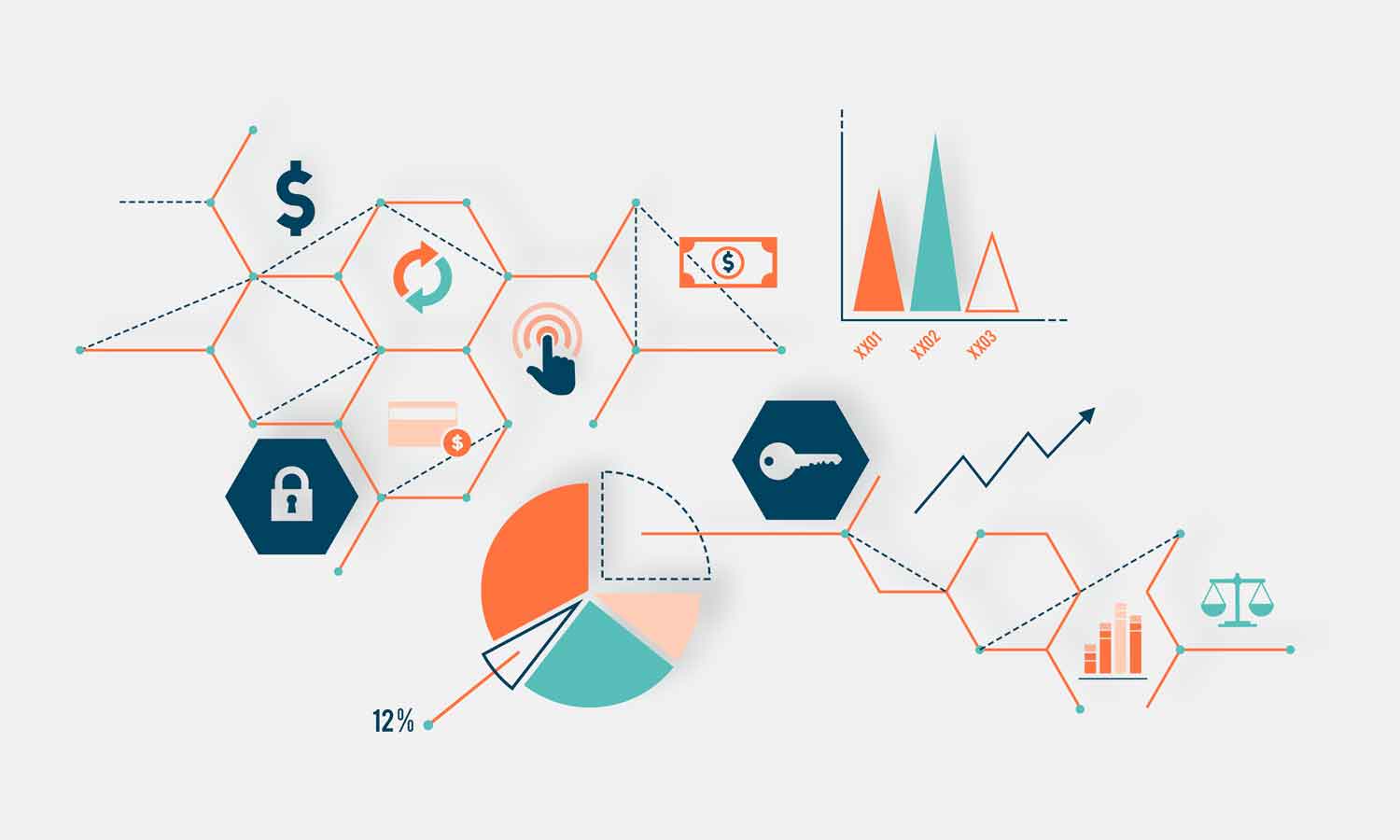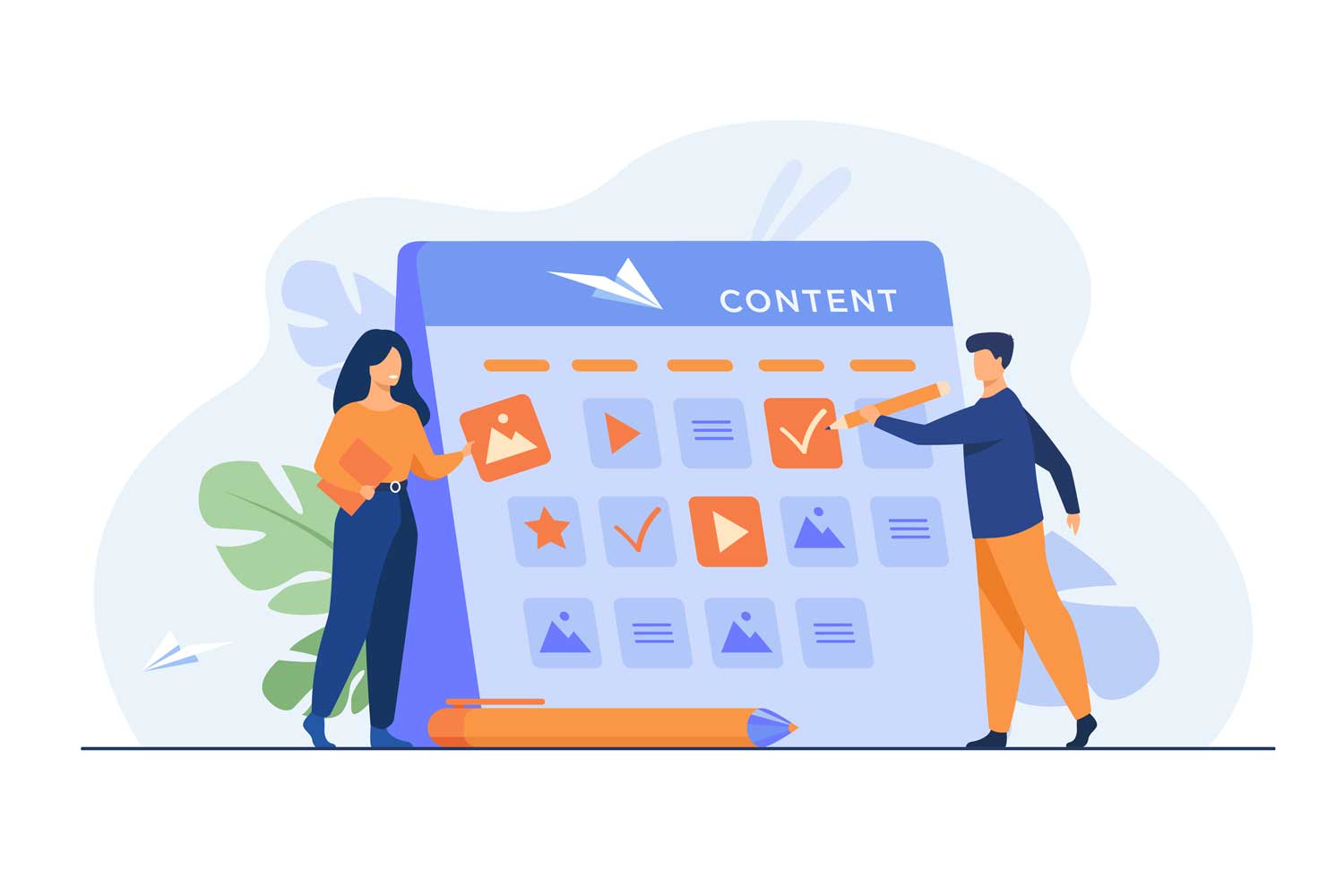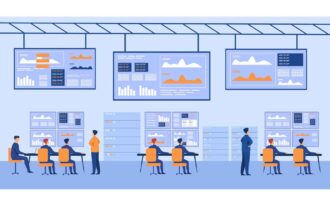Companies are producing more data at a faster rate. Employees need to feel comfortable with data and can harness its value by being able to interact with it. This is possible through developing a data literacy program that addresses their specific needs. A data literacy consultant can help you in this.
IT departments have a key role in partnering with business units to collect, store and transform data into actionable insights. The data generation aspect seems to be a strong area of human activity. How are organizations helping end-users to access the data and develop the analytical skills required? It seems that the situation is not so great.
Providing end-users with the most recent analysis tools and organizations with a lot of information doesn’t translate into widespread data-driven decision-making. What can we do to increase employee adoption?
Building A Data-Driven Culture And A Data-Literate Organization
A data-driven culture requires a workforce that understands and feels comfortable with data. While there are many ways organizations can promote data-driven decision-making, the key to employee adoption is helping them become self-sufficient.
As with any skill, being self-sufficient in data analysis requires a combination of education, training, mentoring, education, and experience. A more self-sufficient person will be more comfortable performing the tasks that require these skills.
Data literacy is the term IT professionals use to describe this level. Data literacy refers to a person’s ability read, write, analyze and understand the data they deal with regularly. Data literacy is the ability to communicate effectively with others the meaning, importance and usage of data to which they are exposed.
Data Literacy Program Development
Data literacy initiatives can take anywhere from months to years depending on the business line and employee headcount.
This is a list of suggestions to help organizations jumpstart data literacy improvement programs:
Identify Data Literacy Champions
. Champions will help promote the benefits of data literacy, data-driven decision-making, and other important aspects of the initiative. Champions should be from every level of the organization, including the C-suite and operational staff. It is crucial to have champions who are relevant to the target audience. The shop floor manager who is a proponent of data-driven decision-making will have a greater impact on the plant’s employees than the chief data officer.
Address Cultural Issues
. Organizations can overcome cultural issues such as data insecurity and data skepticism among their workforce. These benefits include quicker decision-making, less manual labour, and a better quality of daily operational activities. However, it is important to remember that the goal of this project is to inspire and promote, not to dictate and enforce.
Prioritize And Assess Data Literacy Needs
. As with all analysis projects, organizations gather information at a high level and then evaluate the findings to narrow their scope. To improve data literacy, it is important to go through the org chart and identify and prioritize data literacy needs for each unit within the organization.
Collect Feedback From The Workforce
. Use surveys for data literacy feedback. To identify global trends and needs, use the initial survey responses. Then create customized surveys that are specific to your organization’s roles and units. For analysis teams looking for more detail, face-to-face meetings and group discussions are a great way to get deeper insights.
Customize Data Literacy Training For Employees
. A sales manager doesn’t have to be a data scientist to fulfill their daily responsibilities. They should have easy-to-understand analytical tools to help them reach their organizational goals. They should be able to analyze and generate more insights based on their data literacy.









